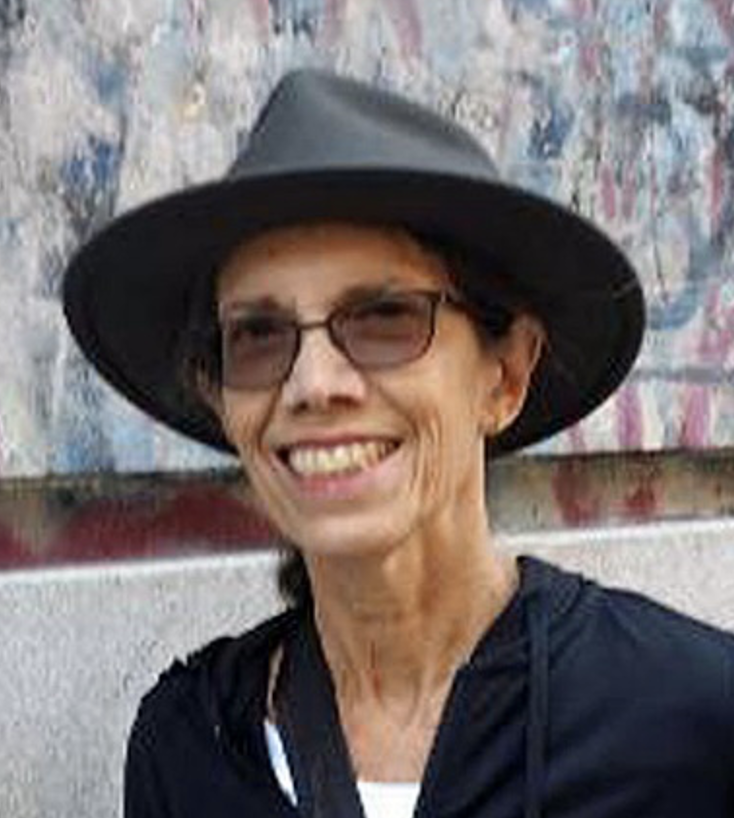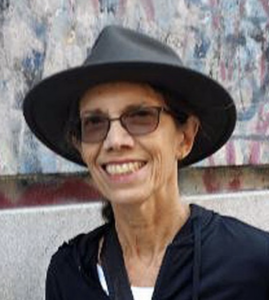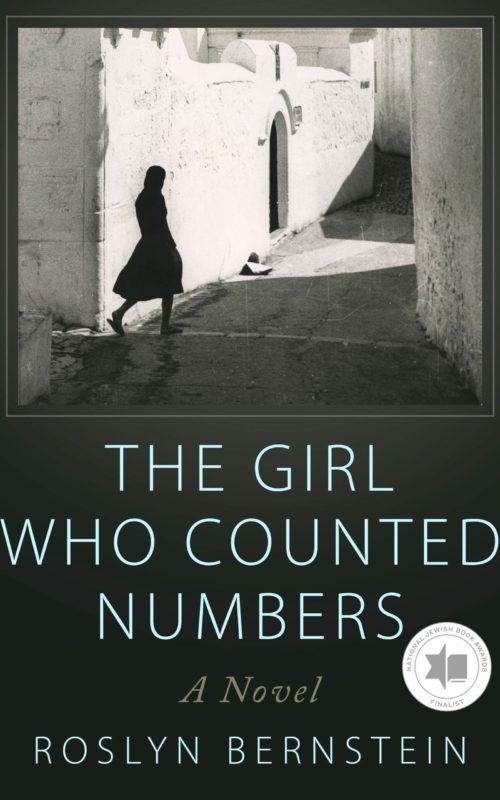
Roslyn Bernstein has been a storyteller all her life, sometimes working for a true account in the narrow sense as a journalist when it’s reporting or history, and sometimes in a wider, more resonant sense when composing poetry, short stories, or a novel.
As a journalist, she has reported in-depth cultural stories for venues including Guernica, Tablet, Arterritory, and Huffington Post. While reporting on all forms of art and architecture, documentary photography has been a major subject of Bernstein’s writing and teaching since the 1970s. Sixty of her online pieces were reprinted in an anthology, Engaging Art: Essays and Interviews From Around the Globe.
She is the author of a collection of linked fictional tales, Boardwalk Stories, set in a seaside community during the 1950s, and the co-author of a history of SoHo, Illegal Living: 80 Wooster Street and the Evolution of SoHo, which focuses on one building to tell the story of SoHo’s transformation from a manufacturing district to a live-work arts community.
The Girl Who Counted Numbers was inspired by the seven months that Roslyn Bernstein spent in Jerusalem in 1961. She has tried to be attentive to historical details although the story of Susan Reich, her family, and friends is fictional.
The Girl Who Counted Numbers
While trying to find her missing uncle, with the Adolf Eichmann trial in the background, Susan Reich explores awakening emotions in herself and gets involved in the political struggles of the moment.
More info →



